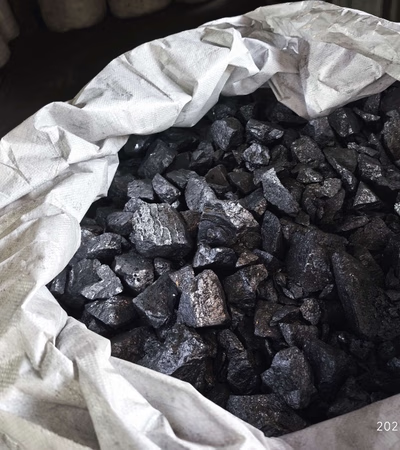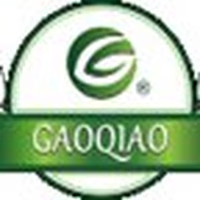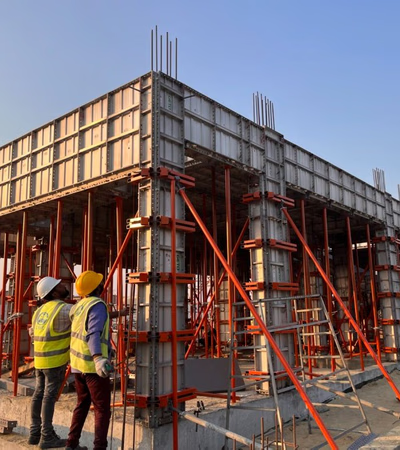China`s economic and trade system has become one of the most influential in the world, characterized by rapid industrial growth, a complex export-oriented economy, and increasing integration into the global marketplace. The country operates a mixed economy where state-owned enterprises (SOEs) coexist with private businesses, and market forces guide production while the government plays a significant role in key industries such as finance, telecommunications, and energy. China`s robust infrastructure, vast manufacturing capacity, and competitive labor costs have made it a central hub for global supply chains. This system is underpinned by strategic policies such as the \"Made in China 2025\" initiative, which aims to enhance China`s position in high-tech industries, and the Belt and Road Initiative (BRI), an ambitious plan to create trade corridors connecting Asia, Africa, and Europe.
In terms of trade relations, China is one of the largest trading partners for countries in the Middle East and West Asia. The trade between China and these regions is driven by several factors, including China`s growing demand for energy and raw materials, and the Middle East`s need for affordable consumer goods, machinery, and technological products. China imports significant quantities of oil and natural gas from countries like Saudi Arabia, Iran, and Iraq, which are essential to sustaining its industrial activities. In return, China exports a wide range of goods to the region, including electronics, textiles, machinery, and construction materials. The trade relationship is not just limited to goods; it also involves services and infrastructure development, with Chinese companies heavily involved in building roads, railways, and ports under the BRI framework.
Financially, China has been using mechanisms like the Asian Infrastructure Investment Bank (AIIB) and its vast foreign exchange reserves to foster deeper economic ties with countries in the Middle East. This includes investments in infrastructure projects that facilitate trade, such as transportation networks and energy pipelines. Furthermore, there has been a move toward diversifying the currencies used in trade with some Middle Eastern nations exploring yuan-based transactions to reduce dependency on the U.S. dollar, which could reshape future financial and trade dynamics.
The economic relationship between China and Middle Eastern countries is becoming more strategic as both sides look to diversify their economies. Middle Eastern nations, many of which are oil-dependent, are seeking to invest in renewable energy, technology, and tourism to reduce reliance on oil revenues. China’s role as a major investor and technology provider is therefore growing in importance. This multifaceted relationship reflects China’s broader approach of economic diplomacy, where trade, infrastructure development, and strategic investments are used to strengthen bilateral relations and secure long-term economic advantages in the global market.
-
 Veronica 4 months ago
Veronica 4 months ago China
silicon metal
China
silicon metal
We can supply Silicon metal 553,441,3303,2202 and so on. Silicon metal products with low phosphorous and low titanium can also be supplied.Details
-
 Hunan Hongda Tea Factory 3 months ago
Hunan Hongda Tea Factory 3 months ago China
CHINA GREEN TEA
China
CHINA GREEN TEA
100% natural CLEAN AND NEAT, TIGHT AND DRIED FORMS OF TEA. The tea soup is rich in foam, dark brown in color, rich in chestnut aroma, rich and mellow,...Details
-
 Ye Zhuobin 6 days ago
Ye Zhuobin 6 days ago China
Copper
China
Copper
CopperDetails
-
 David Huang 14 months ago
David Huang 14 months ago China
Armenia Turquoise
China
Armenia Turquoise
We want buy large quantities of Armenia turquoise raw stones to China, and we need high quality product, if you have such goods, we can fly to you to ...Details
-
 William Liang Geto New Materials 6 days ago
William Liang Geto New Materials 6 days ago China
Aluminum formwork
China
Aluminum formwork
The formwork made of aluminum for building, mainly used for concrete pouring, has the advantages of good quality, high efficiency, environmental prote...Details









